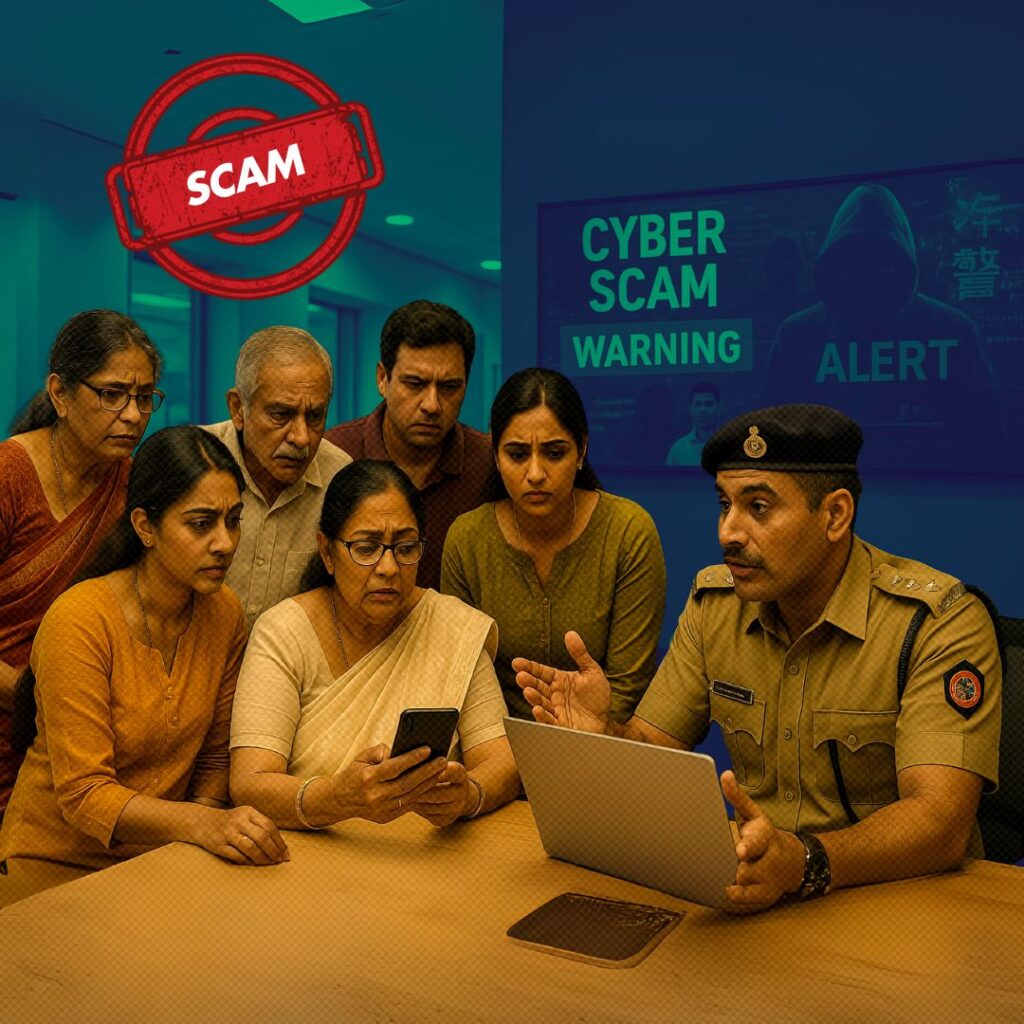The forced closure of District Central Cooperative (DCC) Banks in Maharashtra is having deep impact on agriculture, with sowing activities for the new rabi season coming to a halt, and the entire rural economy down to the farm labourer and the village kirana shop taking a hit.
Customers of urban cooperative banks (UCBs) across Maharashtra are also feeling the pinch of inadequate cash supply from the RBI, say officials from the cooperative banking sector in the state.
A majority of farmers in the state have accounts only in a DCC bank branch, and the sale and payment for much of farm produce like vegetables, soyabean and milk happens through co-operative societies that are tied to DCC banks. Following the demonetisation announcement on 8 November, 31 DCC banks in Maharashtra had collected almost Rs 3,000 crore in cash in the first three days after bank operations resumed on 11 November. On 14 November, the RBI issued a directive saying it would not accept Rs 500 and Rs 1,000 notes deposited at any of the 2,971 rural DCC bank branches in Maharashtra.
Today, in many parts of the state, both farmers and the banks have cash, but don’t know who to turn to make it legitimate. Since rural DCCs are the only banks in most villages, a halt in their operations has meant the drying up of any source of legitimate cash. In other words, there is enforced cashlessless.
“The government has allowed the use of old notes in hospitals,” says Anil Khirsagar, a farmer from Takwiki village in Osmanabad district. “Fertilisers are to crops what medicines are to us humans. Why can’t the government allow us to use our old notes in agricultural input shops. We can’t even buy seeds,” he says.
Kshirsagar, also president of the all India body of the Mali peasant community, says almost 80 per cent of the agricultural transactions in Osmanabad and neighbouring districts happens via co-operative societies linked to DCC banks.
“Even I was turned away when I went to exchange old high value notes for new ones at a nationalised bank because I don’t have an account there,” says an employee of the Osmanabad DCC requesting anonymity. “What chance do farmers have to exchange their old notes,” he wonders.
Like the farmers, the DCC banks don’t know who to turn to after the RBI refused to take the Rs 3,000 crore deposited them. “Does the RBI want to say that the money deposited by lakhs of farmers is not legitimate,” asks Sandeep Ghandat, director, Mumbai DCC.
“Our representatives have been trying to meet finance minister Arun Jaitley, but he’s not giving us time,” says Ghandat. NCP and Congress have a major hold on the cooperative sector in the state, including in cooperative banks.
DCC banks have filed a petition in the High Court against the 14 November RBI directive, which also debars it from accepting demonetisied notes any further. Bombay High court today posted the issue for hearing on November 24 but said some arrangements need to be made to address the grievances.
“We have had to suspend operations in all branches given the situation, the entire rural economy is hit,” says Ghandat.
Urban co-op banks, poor feel the pinch Customers of urban cooperative banks (UCBs) across Maharashtra are feeling the pinch of inadequate cash supply from the RBI, say officials from the cooperative banking sector in the state. Almost a fortnight into the demonetisation of Rs 500 and Rs 1000 notes, UCB customers—mostly poor citizens—are having to put in several days in queues before banks to successfully withdraw some cash from their accounts or exchange old notes. In most cases, they’re getting a only part of their requirement in cash.
“What are we to do,” asks Sitaram Adsul, chief executive officer of Bruhanmumbai Nagari Banks Association and director, Maharashtra Urban Cooperative Banks Federation.
“When it comes to distribution of new currency, SBI is getting top priority, followed by other nationalised banks, followed by private banks. UCBs, which service the needs of poorer segments of the population, come last for RBI,” says Adsul, who oversees the functioning of all urban cooperative banks in the state. Maharashtra has 509 UCBs, all of which have been accepting deposits from people in denominations of Rs 500 and Rs 1,000 during the past week. Sixty-eight cooperative banks in Mumbai have collected Rs 4,000 crore in the past few days. All this cash is lying with the association, says Adsul, because the RBI is not ready to take it as yet.
“Perhaps, they’re too busy with other work like printing and distributing new currency,” says Sandeep Ghandat, director of the Brihanmumbai Nagari Banks Association. ATMs of cooperative banks in several parts of Mumbai have remained shut due to shortage of notes.
Cooperative banks are already rationing their cash supply. “If someone wants Rs 10,000, we are giving them Rs 5,000; for those who want Rs 5,000, we are giving Rs 3,000. This is to ensure we can give some money to all customers,” notes Adsul.
…











